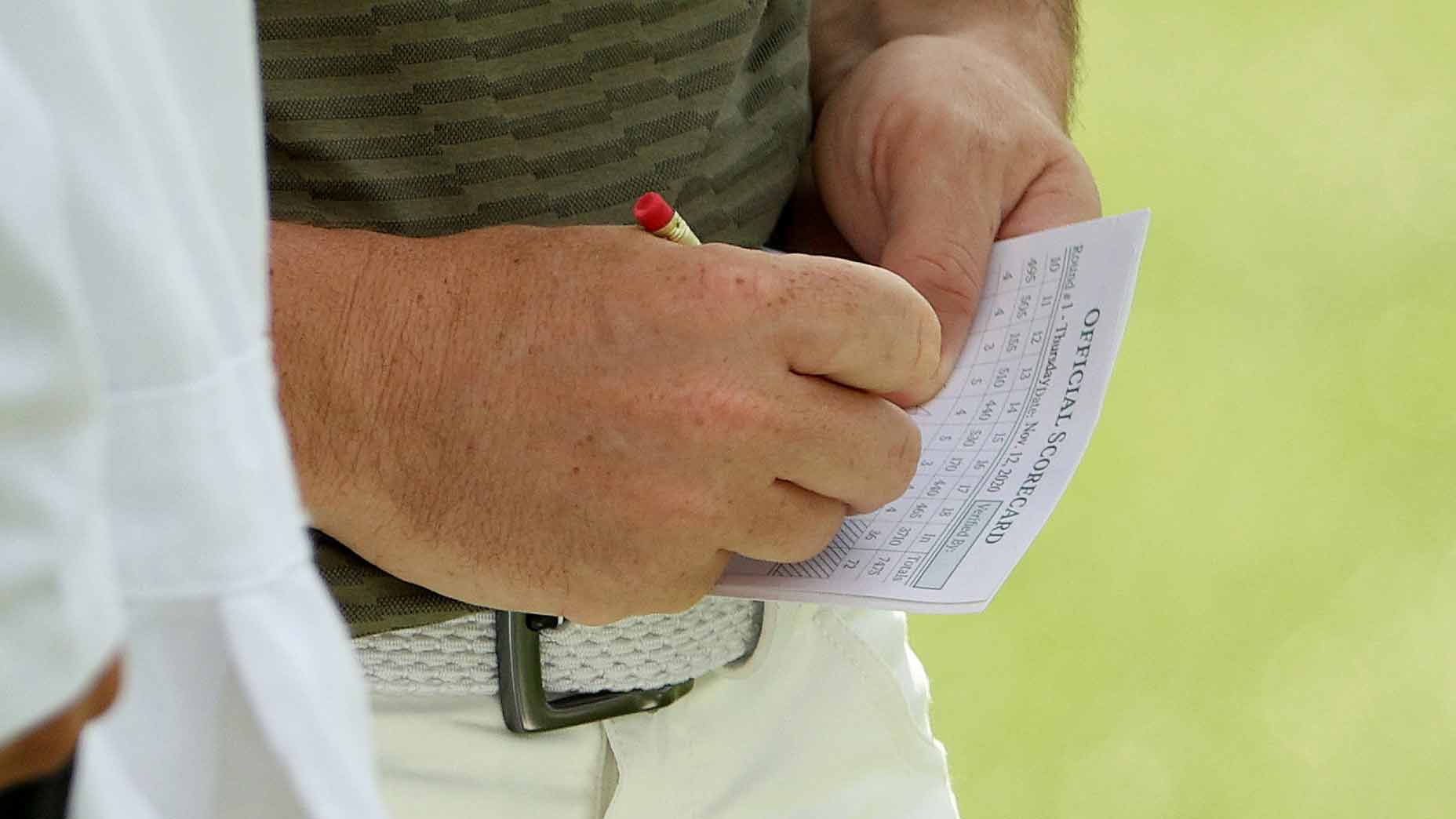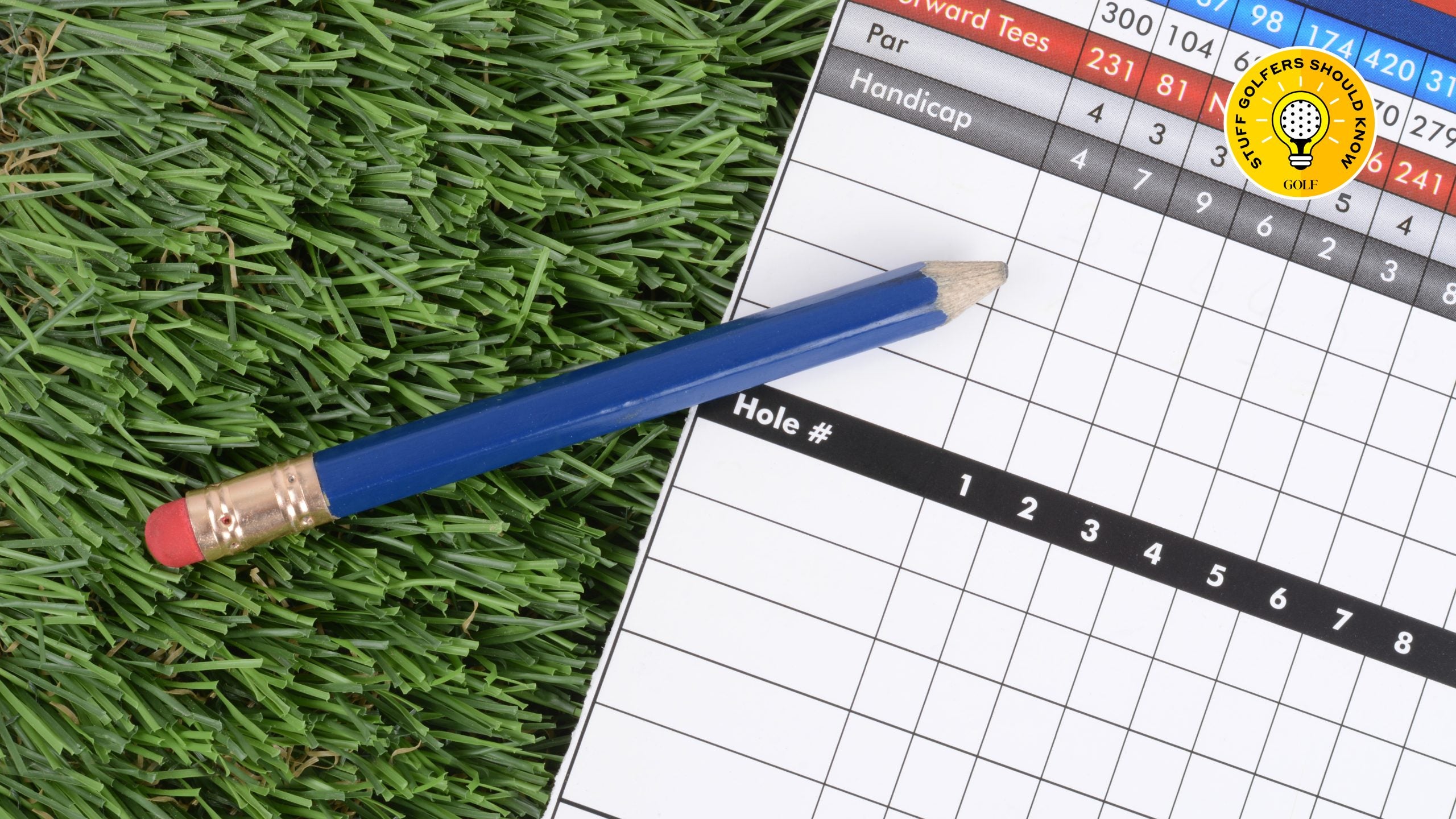Here’s what your handicap index *actually* means

What does your handicap actually mean?
Getty Images
Welcome to Stuff Golfers Should Know, a GOLF.com series in which we reveal all kinds of useful golf (and life!) wisdom that is sure to make you the smartest, savviest and most prepared player in your foursome.
***
What’s your handicap?
We golfers treat this question with great seriousness but we often misinterpret what the answer means.
Let’s get a few things straight.
It’s Not Your Scoring Average
Having a handicap index of 10 doesn’t mean you average 10-over par for 18 holes. The calculations are more nuanced than that. We’ll get into some of the basics below, but for now, think of your handicap as a measure of what you’re capable of shooting, not what you’re expected to shoot in any given round. Your average score is higher than your handicap.
It Requires Some Number Crunching
But you don’t have to do the math. The USGA calculates your Handicap Index for you, so your main task is to enter your scores through the GHIN mobile app.
How It’s Calculated
You can establish a handicap with as few as three 18-hole scores (with such a small sample size, a modified formula is used). Once you’ve entered 20 scores, your Handicap Index is derived by taking the average of your 8 best score differentials — that is, your 8 best scores as measured in relation to the difficulty of the course (which, in turn, is measured by the Course Rating and Slope Rating).
It’s Not the Same as Your Course Handicap
Your Handicap Index is one thing. It doesn’t tell you how many strokes you’ll be getting in a round. That number is called your Course Handicap, which is your Handicap Index adjusted (by way of the Course Rating, Slope Rating and par) to reflect the number of strokes needed to play to par for the set of tees being played.
How Often You Should Shoot Your Handicap
It’s not your average score. It’s a gauge of your potential. So, how often should you reach it? Different stat gurus have arrived at different answers. But there is general agreement that you should shoot your handicap around 20 to 25 percent of the time. Meaning, once in every 4 to 5 rounds.
And If You Don’t?
Are you sure you’ve been keeping tallies and entering every score? You might be either a sandbagger (someone who is better than their handicap) or a vanity capper (someone too proud to accept reality).











